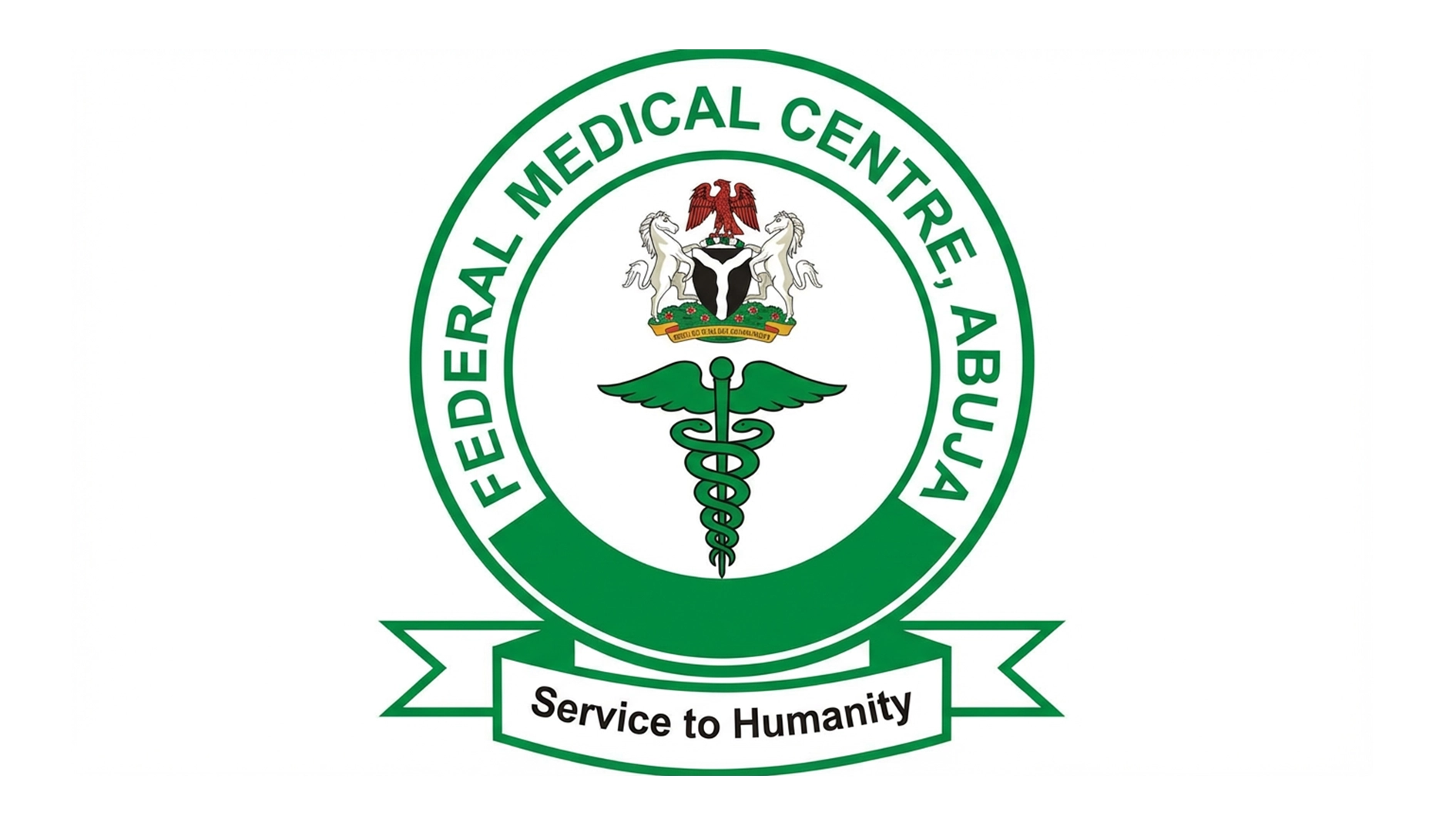The Global Fund has revealed that more than 165 million Nigerians require treatment for one or more Neglected Tropical Diseases (NTDs), representing about 84 per cent of the country’s population.
NTDs are a group of communicable diseases prevalent in tropical and subtropical regions, with consequences ranging from disfigurement and stigma to malnutrition, impaired learning, and entrenched poverty.
Speaking with The Guardian, the Supply Chain Private Sector Engagement Advisor at The Global Fund and lead for the newly launched Logistics Marketplace, Scott Dubin, noted that Nigeria accounts for 25 per cent of Africa’s NTD burden.
According to him, untreated NTDs are trapping families in poverty and diminishing national productivity. “The burden of NTDs falls more heavily on Nigeria than on other countries in Africa. There’s a big concern for Nigeria regarding the health implications of these diseases,” he said.
While global donors, research grants, and pharmaceutical donations have expanded treatment availability across Africa, Dubin explained that weak supply chains remain a major barrier. Medicines often fail to reach affected communities, leading to shortages, wastage, and delays that undermine the goal of eliminating NTDs.
He warned that school-age children infected with NTDs risk losing as much as $7.2 billion in lifetime earnings if left untreated. Similarly, findings from The END Fund and Deloitte indicate that meeting the 2030 elimination targets could add $19 billion in productivity to Nigeria’s economy. Research further shows that nearly $6 billion could be freed up if caregivers were no longer burdened with caring for sick family members.
Dubin stressed that the World Health Organisation’s Road Map for NTDs (2021–2030) highlights supply chain strengthening as a crucial step toward sustainable disease elimination.
To this end, he explained that the Logistics Marketplace, funded by the Global Fund in partnership with the Gates Foundation, was designed to address these challenges. The platform connects buyers such as governments, donors, and humanitarian organisations with logistics providers across Africa, creating an open and transparent directory of services to reduce friction, wastage, and delays in delivering essential medicines to the last mile.
“The platform increases competition among providers, driving down costs and ensuring medicines move faster, further, and more reliably into communities. Logistics Marketplace is set up to address a variety of health and humanitarian issues, and tackling NTDs, which have been around far too long without sufficient attention, is of particular importance to us,” he said.






